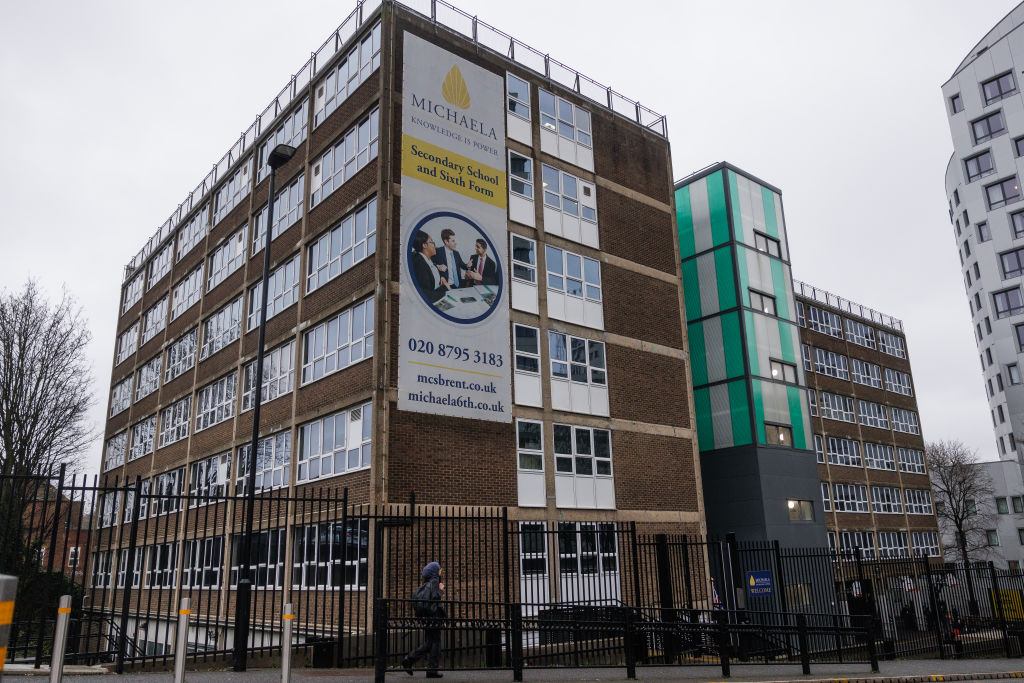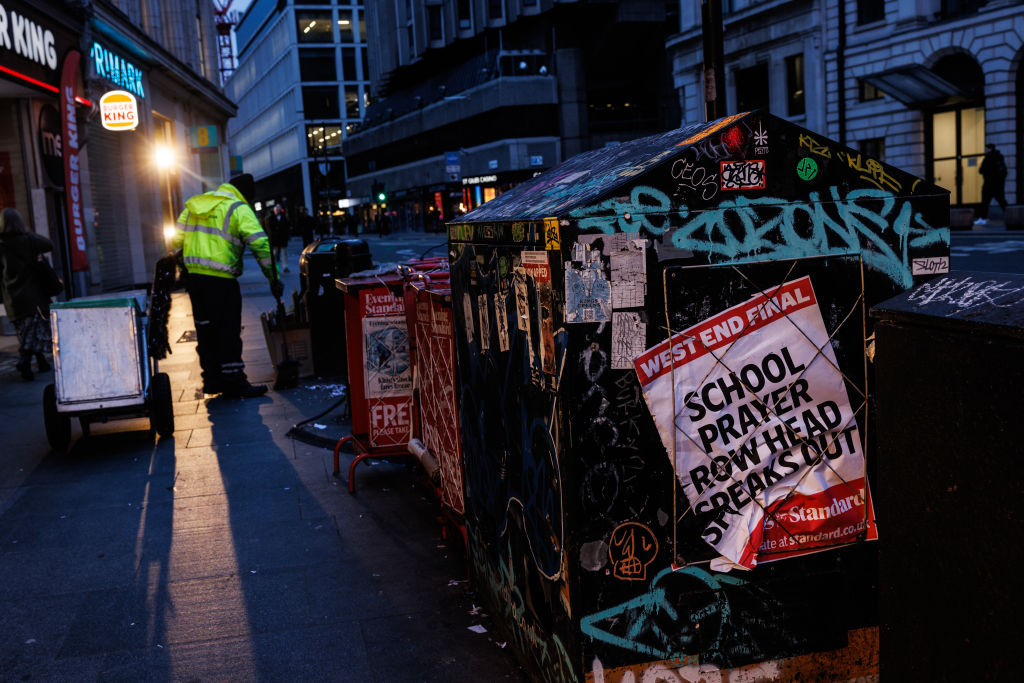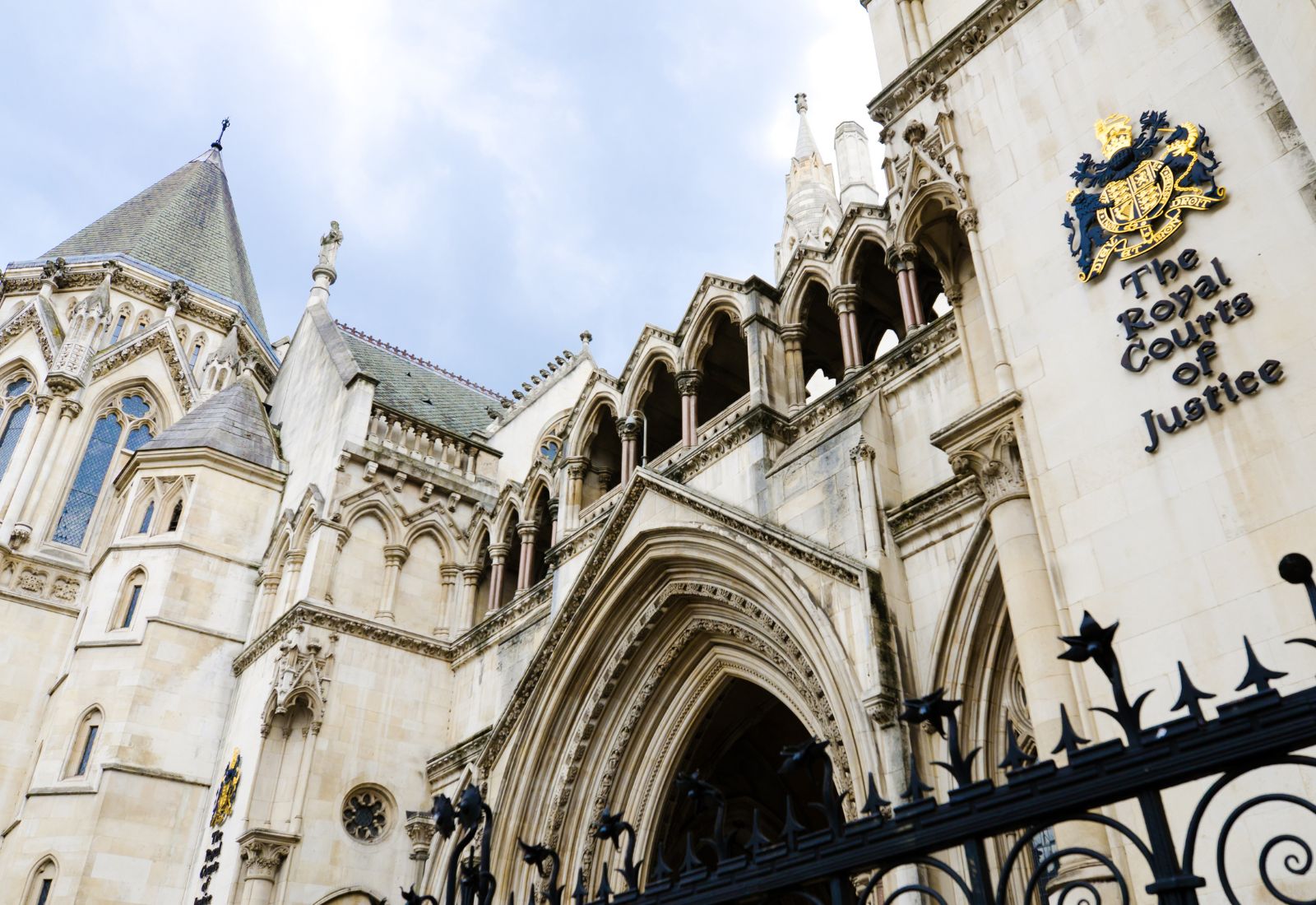There are those in education circles not surprised to see that the high priestess of populist polarisation narratives, Katharine Birbalsingh, founding headteacher of a school in Brent, London, has hit the news again. This time, it is in relation to a High Court challenge by a student over the banning of Muslim prayer on the premises of the school.
The name of Michaela Community School suggests it professes to serve the local population, so it is interesting to note the school’s local community context. According to the 2021 Census, the second largest religious population in the borough is Muslim at 21.4%, with the proportion of Christians at 38.8%. Hindus make up 15.6% of the community; there are about 4% who are Jewish, Buddhist, Jain or Sikh, and the rest have either ‘no religion’ or did not state. Nationally, that ‘no religion’ category stands at 37% compared with Brent’s 13.6% so as school communities go, it would be pretty accurate to say that it is one where religion might be assumed to be integral to people’s identities and sense of belonging.
This prayer ban case has exposed two seemingly distinct themes, one of which is the place of prayer and religion in our schools. There are those that would have a complete ban on all forms of religion in schools, whatever religious character that may be. This might be tricky considering that one third of state-funded schools in England are faith schools, 68% of which are Church of England schools and 30% Roman Catholic.
However, few may be aware that since The Education Act 1944, all state schools in England and Wales no matter their religious character, are legally required to provide acts of ‘broadly Christian’ daily ‘worship’. People might not also be aware that simultaneously, this legal duty has been condemned by the United Nations as a breach of the Convention on the Rights of the Child, and the National Governance Association has called for a ban since 2018.

As is apparent, the idea of banning religious prayer of any kind is a deeply divided topic, and one that should not be implemented without careful consultation with members of the school community with particular attention to the local and national contexts. Not only was the decision-making on the part of the school governing board described by the student’s lawyer as “remarkably poor, littered with factual errors and paid no weight to the serious risk of alienating Muslim students”, no consultation with the school community took place before the ban was implemented – nor since.
Perhaps most stark about this case however, is the way that narratives around it have delivered yet another Islamophobic moral panic and racially-charged existential angst which plays to the general post-colonial melancholy exacerbated by Brexit and which surges every time Britishness is pitched as being under threat by the idea that there is a stealthy infiltration of Islam into our schools.
One high profile example is the Trojan Horse affair in Birmingham in 2013, which started with a hoax letter claiming there was an ‘Islamist’ takeover of a school. This same letter ultimately led to significant changes to policy and law through the UK government’s counter-terrorism and counter-extremism strategies, even though it is widely believed to have been a manufactured story designed to systematically vilify Birmingham’s Muslim community. When 15 year old Shamima Begum was groomed online and trafficked to Syria in 2015 to become an Islamic State child bride, little did she know that she would end up in a war zone, giving birth to and losing three babies. Labelled as a terrorist, Begum’s UK citizenship was removed rather than bringing her home to overcome the incredible trauma she has experienced. Muslim students local to her school in Bethnal Green, London, also reported that the knock-on effect for them has been to feel targeted and under pressure as potential threats to British security.
The testimony of colourful descriptions provided by Birbalsingh include consternation at what she describes as ‘ritualistic prayer’ which was ‘visible from the street’. She recounts events taking place as creeping infiltration, domination and ‘Islamic bullying’ which was a risk to the school community. Birbalsingh’s justification of the ban exposes the fusion between these two themes: the place of prayer in schools and the perception of Islam as an encroaching threat to Britishness.

The irony is that Michaela’s self-image as the ‘strictest school in Britain’ includes pride in its absolute control over its students of the sort that is often insinuated as what is oppressive about some religious regimes. Routines are strict and scrupulously enforced at set times during the school day. Physical deportment is rigorously monitored and sanctions given if children aren’t sitting up, leaning forward, smiling, nodding their heads and tracking the teacher with their eyes. Social interaction is strictly managed as well. Lunchtime conversation is structured around a ‘family’ set meal which everyone must eat and only daily prescribed approved topics for discussion are allowed. These are started and stopped at regular intervals with a series of hand claps or other audible cues. Teachers supervise ‘guided socialisation’ in the playground to control and monitor group mixing – and all of this is part of the fundamental nationalist culture and ethos of the school where “children of all races and religions buy into something bigger than themselves: our country”.
You might conclude that Birbalsingh’s methods could be seen as cultish, coercive and deploying intimidation in the same way that she describes students’ growing interest in their faith through prayer and observance. When a school allows no room for self-expression and teaches that race and religion need to be erased in the name of a nationalist pride in Britain, is it any wonder that British Muslim children would reassert their right to Britishness in multicultural, multi-religious Brent by turning to their faith and realigning their social, moral and spiritual compass?
The views expressed in this article belong to the author and do not necessarily reflect the editorial policy of Islam Channel.




